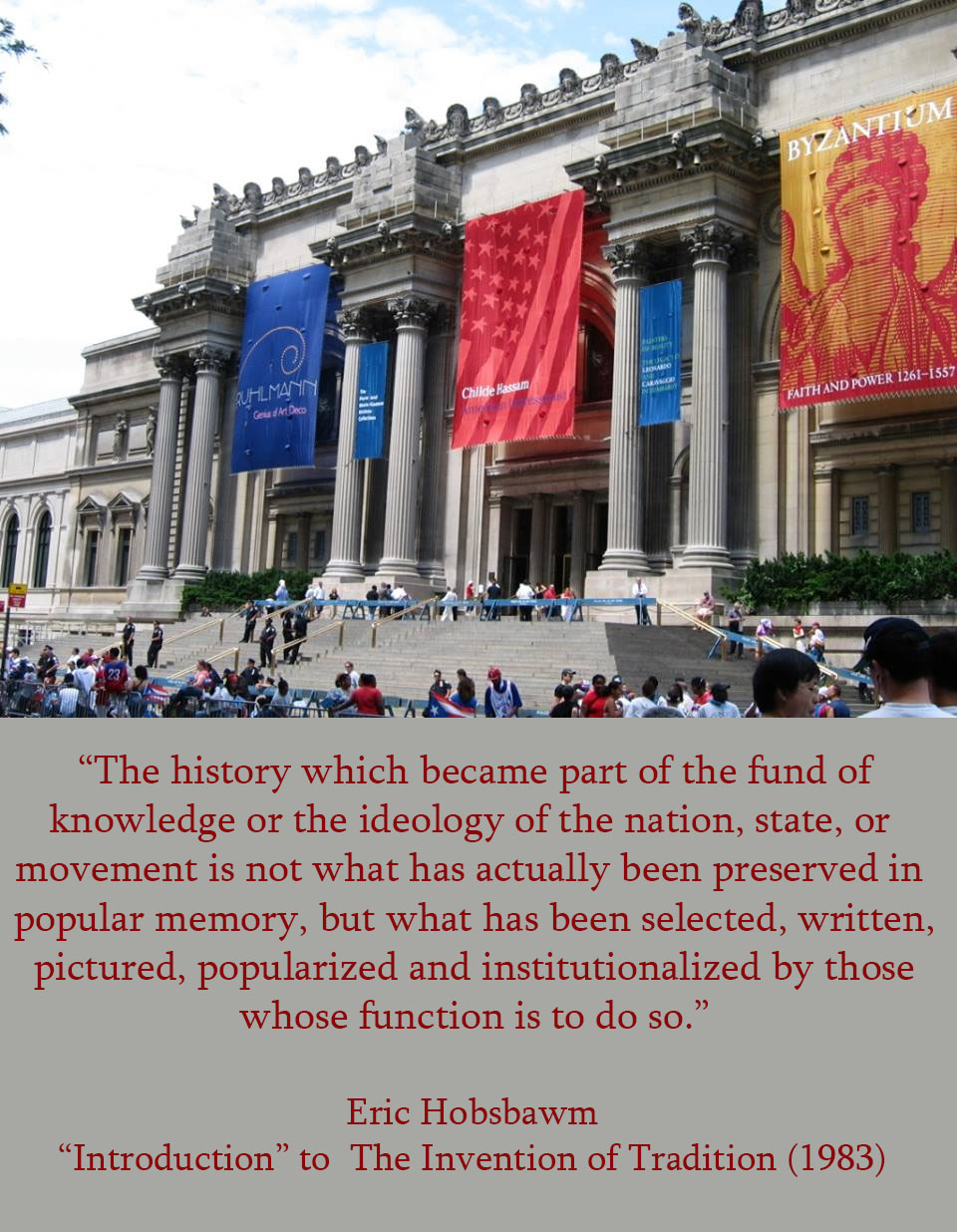 Read more.
Read more.
On the Preface
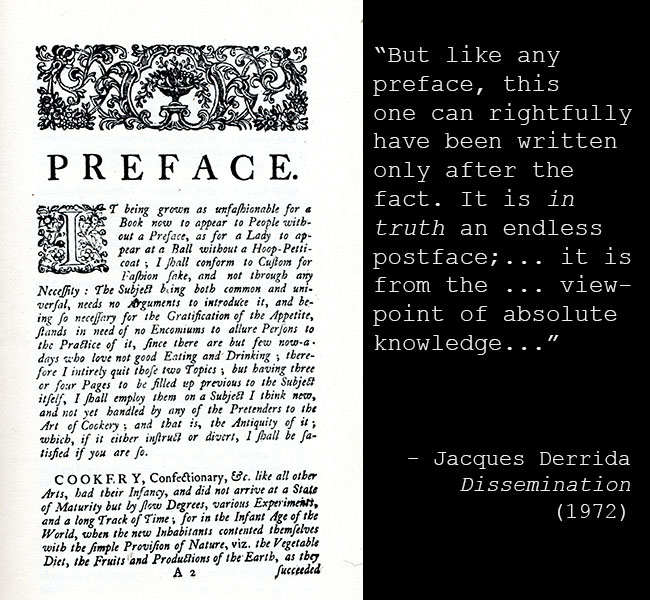 Read more.
Read more.
On Authorship
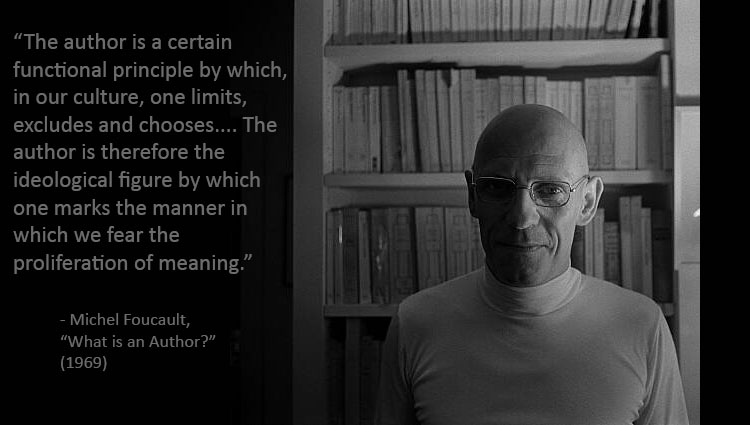 Read more.
Read more.
On Ideology
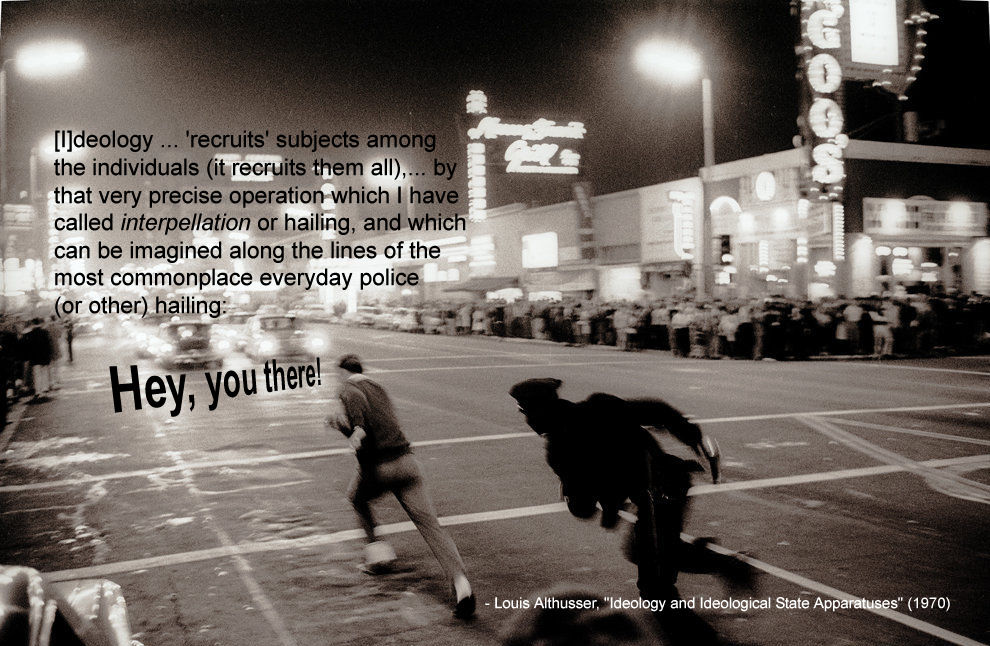 Read more
Read more
(Click to enlarge)
On Performance
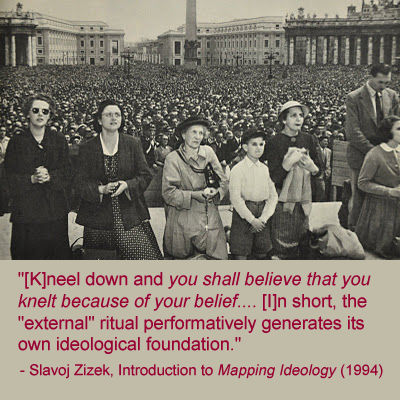 Read more.
Read more.
The Soul’s Economy
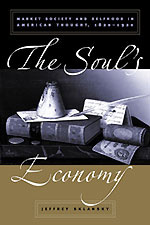 In The Soul’s Economy: Market Society and Selfhood in American Thought, 1820-1920, Jeffrey Sklansky argues that there’s a fundamental shift in American views on freedom and self-determination in the nineteenth century. While the American revolutionaries thought of freedom and self-determination as tied to property and wealth—i.e., material interests—with the rise of romantic authors like Ralph Waldo Emerson and others, freedom and self-determination shifted to some sort of interior freedom of thought.
In The Soul’s Economy: Market Society and Selfhood in American Thought, 1820-1920, Jeffrey Sklansky argues that there’s a fundamental shift in American views on freedom and self-determination in the nineteenth century. While the American revolutionaries thought of freedom and self-determination as tied to property and wealth—i.e., material interests—with the rise of romantic authors like Ralph Waldo Emerson and others, freedom and self-determination shifted to some sort of interior freedom of thought.
[I]n severing the bond between selfhood—or, in the language of the early republic, independence or liberty or virtue—and property, these writers did not necessarily question the transformation of self-employed farming and artisan families into propertyless wage earners. By identifying moral agency with the “inner self” rather than with political and economic sovereignty, they effectively redefined the founding ideals of freedom and democracy in ways that did not directly conflict with the revolution in property relations. (37)
According to Sklansky, they inadvertently “provided ideological cover for class inequality” (72).
Is your body free? Or just your soul?
In Our Heart of Hearts

10. Understanding the system of ideology that operates in one’s own society is made difficult by two factors: (i) one’s consciousness is itself a product of that system, and (ii) the system’s very success renders its operations invisible, since one is so consistently immersed in and bombarded by its products that one comes to mistake them (and the apparatus through which they are produced and disseminated) for nothing other than “nature.” – Bruce Lincoln, “Theses on Method” Continue reading “In Our Heart of Hearts”
Whose Switch is a Switch?
 Code switching is often used to reference the actions (usually linguistic variations) of a particular person/group that is assumed to break from their own “natural” practices to perform codes “not their own” for the purposes of fitting in, acquiring capital, and accessing spaces thought to perceive the “native” practices of the switcher as illegitimate or illegible. This switching, or shifting as some call it, is often painted with a stroke of fluidity and described to take know-how, precision, performance and rehearsal. While the durability or recapitulations of code switching may come to be seen as natural over time, where it’s no longer recognized or described as a switch, it’s often thought to be something that is and can be [consciously] turned off and on like a light switch by the social actor. Continue reading “Whose Switch is a Switch?”
Code switching is often used to reference the actions (usually linguistic variations) of a particular person/group that is assumed to break from their own “natural” practices to perform codes “not their own” for the purposes of fitting in, acquiring capital, and accessing spaces thought to perceive the “native” practices of the switcher as illegitimate or illegible. This switching, or shifting as some call it, is often painted with a stroke of fluidity and described to take know-how, precision, performance and rehearsal. While the durability or recapitulations of code switching may come to be seen as natural over time, where it’s no longer recognized or described as a switch, it’s often thought to be something that is and can be [consciously] turned off and on like a light switch by the social actor. Continue reading “Whose Switch is a Switch?”
Rule of Thumb: Forget Anomalies

I’ve come up with a little rule of thumb I try to keep in mind when coming across a piece of data that, prima facie, might appear anomalous. Instead of thinking “weird; how do I explain this?,” I force myself to ask, “what set of assumptions or grid of classification makes this anomalous?” Continue reading “Rule of Thumb: Forget Anomalies”
“Hey You!”
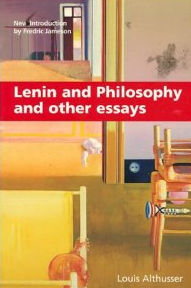 Louis Althusser’s (d. 1990) essay collection, Lenin and Philosophy and Other Essays (1968; English translation 1971), in particular the essay entitled “Ideology and Ideological State Apparatuses (Notes Towards an Investigation),” is crucial for anyone interested in rethinking the common perception of identity-as-expressed-quality as instead being the interiorized result of prior and assorted (i.e., among actors of varying authority) social acts of identification and interaction (as briefly suggested in this post). As Althusser wrote in that essay:
Louis Althusser’s (d. 1990) essay collection, Lenin and Philosophy and Other Essays (1968; English translation 1971), in particular the essay entitled “Ideology and Ideological State Apparatuses (Notes Towards an Investigation),” is crucial for anyone interested in rethinking the common perception of identity-as-expressed-quality as instead being the interiorized result of prior and assorted (i.e., among actors of varying authority) social acts of identification and interaction (as briefly suggested in this post). As Althusser wrote in that essay:
I shall then suggest that ideology ‘acts’ or ‘functions’ in such a way that it ‘recruits’ subjects among the individuals (it recruits them all), or ‘transforms’ the individuals into subjects (it transforms them all) by that very precise operation which I have called interpellation or hailing, and which can be imagined along the lines of the most commonplace everyday police (or other) hailing: ‘Hey, you there!’
